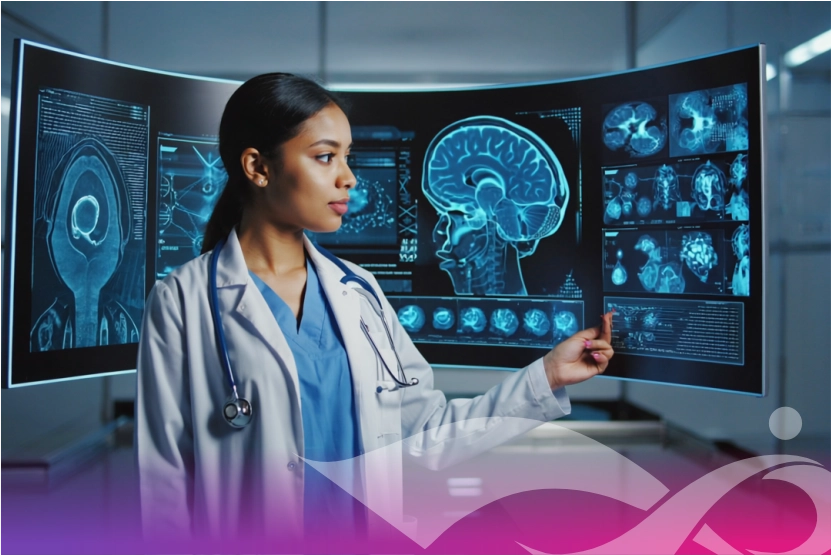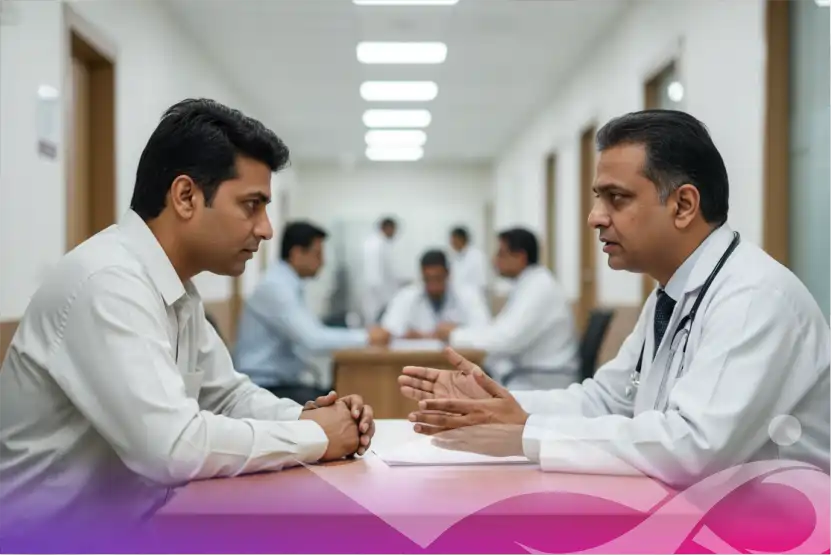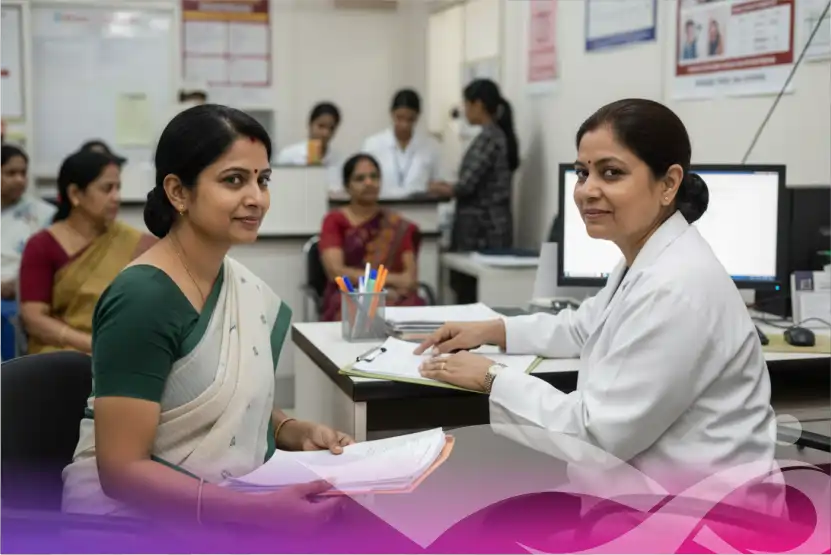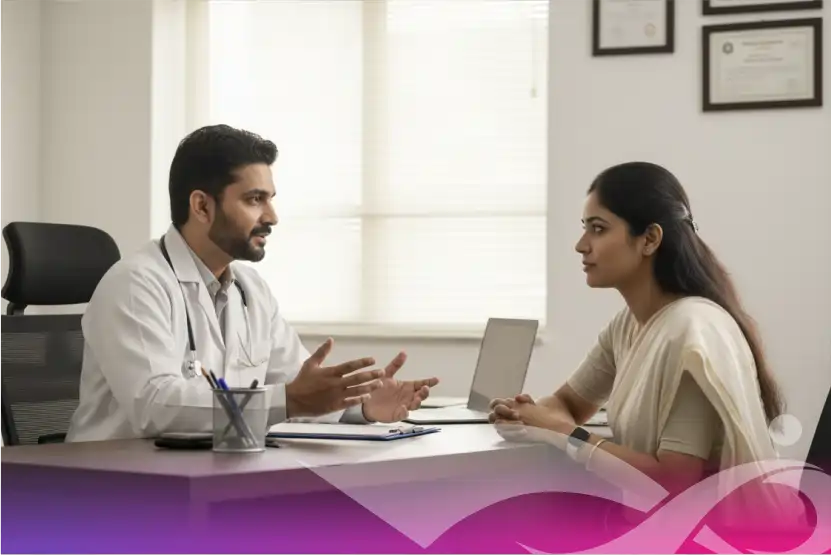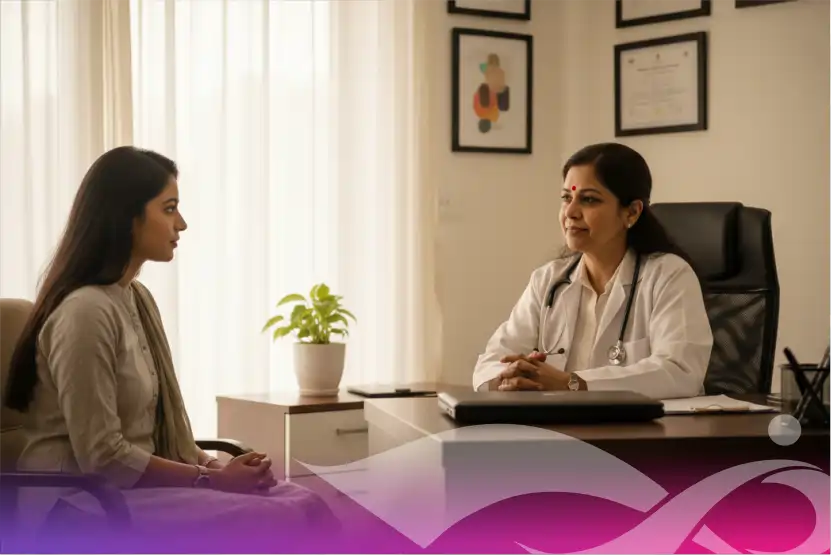The fast developments in the field of cancer are driven by artificial intelligence (AI). Even if everyone has heard the hoopla around artificial intelligence, how is it really influencing something so crucial like cancer risk prediction? At IOCI, we actively incorporate these developments into our objective of delivering first-rate cancer treatment instead of only seeing them occur.
The promise of artificial intelligence in early detection
Imagine a time when we could quite accurately project your individual cancer risk, enabling preventative policies based on that. That is the exciting opportunities artificial intelligence offers for cancer. These intelligent algorithms can search vast amounts of data to identify minute trends implying a higher cancer risk, from:
- medical images
- electronic health records
- genetic information
- lifestyle choices
This approach provides a more tailored and complete awareness of a person's vulnerability than the conventional risk assessments. AI can help identify Early signs of cancer, enabling prompt action.
AI can be taught to find complex interactions increasing risk between genes and environmental elements or to detect early signs of cancer that might elude the human eye in scans. This is particularly interesting since most of the time early identification determines effective treatment rates and improves survival rates. AI-driven systems can suggest specific preventative actions or spot individuals for closer inspection, so possibly negating a diagnosis completely.
From Risk to Preventive Approach: An All-Inclusive Strategy
The ability of artificial intelligence to forecast cancer risk creates interesting fresh opportunities for approaches of cancer prevention tips. We might shift to a more proactive healthcare model instead of waiting for symptoms to show up. Should artificial intelligence show a significant risk for a given type of cancer, doctors can advise patients on particular:
- dietary changes
- targeted lifestyle modifications
- individualised screening schedules
For example, a doctor might counsel specific dietary changes to help offset a genetic inclination observed along with specific lifestyle choices. These insights also help in understanding How to reduce cancer risk naturally. AI's predictive powers provide the path for a really customised approach to treatment. It goes beyond general guidelines and provides guidance particularly fit for each individual's risk profile. Real advancement in oncology at IOCI is about treating cancer as well as avoiding it and catching it at most treatable phases.
The Future is Cooperative: Human Understanding and Automated Intelligence
Remember that, although a rather powerful tool, artificial intelligence is only one. It shines most when it enhances the knowledge of qualified medical professionals. Artificial intelligence can look at data and find relationships by means of speeds and scales just beyond human ability, so generating interesting analysis. Still under their purview, oncologists and healthcare teams obviously have final clinical decisions, patient relations, and humane treatment under influence.
At IOCI, we see oncology blooming on a dynamic cooperation of artificial intelligence and human intelligence. We are constantly looking at and combining technologies that enhance our diagnosis abilities, change our course of treatment, and provide health information to our patients so they might be more autonomous. This cooperative approach guarantees that patients receive the most modern, customised, and efficient treatment available, thus guiding us towards a time when cancer is not only cured but often avoided.
Consult us at any of our locations—acrossIOCI Noida, Greater Noida, Mumbai, Indore, Aurangabad, Agartala, Saharanpur, Kanpur and Jodhpur.






